Findings confirm that sea lice infestations on wild migrating juvenile Pacific salmon not associated with BC salmon farms
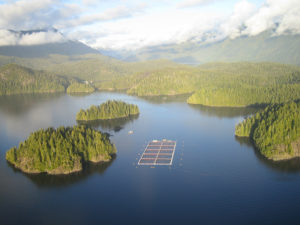
The Department of Fisheries and Oceans (DFO) and the Canadian Science Advisory Secretariat (CSAS) have released a peer-reviewed scientific report that concludes that sea lice on farmed salmon do not impact sea lice levels on wild juvenile salmon in British Columbia.
This comprehensive CSAS report adds to the nine previous CSAS science reviews on salmon aquaculture in BC, which concluded “minimal risk” to Fraser River Sockeye salmon from all relevant fish pathogens of concern. The current report indicates no statistical correlation between sea lice counts on wild and farmed populations of salmon – meaning that the presence of farmed salmon does not appear to have a measurable impact on sea lice counts of wild salmon populations.
The study looked at farm-level data to better estimate the association between sea lice on salmon farms and sea lice infestations on wild Pacific salmon. To evaluate this association over several years, the team used sea lice data from multiple Atlantic salmon farms and sea lice counts on wild fish sampled at known distances from nearby farms in the four study areas.
No statistically significant association was observed between infestation pressure attributable to Atlantic salmon farms and the probability of L. salmonis infestations on wild juvenile chum and pink salmon in Clayoquot Sound, Quatsino Sound, Discovery Islands and Broughton Archipelago. However, the data did suggest a positive trend in all studied areas.
“The lack of statistical significance implies that the occurrence of L. salmonis infestation on wild migrating juvenile Pacific salmon cannot be explained solely by infestation pressure from farm-sourced copepodids,” wrote the scientists.
The scientists said that “further work is required” to determine how sea lice monitoring activities of wild salmon may be refined to improve modeling approaches.
“Key uncertainties could be addressed by verifying the validity of model assumptions by identifying additional relevant environmental, physical and biological factors,” wrote the scientists. “Together with this science response, these analyses will contribute to further work on assessment of risk to and to considerations of thresholds on minimizing impact to wild fish.”
In a press release, the BC Salmon Farmers Association (BCSFA) said that, under DFO stringent regulations, they “diligently practice precautionary management measures to minimize sea lice transmission from farmed to wild salmon.”
“As a sector, we continue to improve and innovate to ensure that our operations have minimal impact on the surrounding ecosystem,” said Brian Kingzett, executive director of the BCSFA. “As farmers, and as British Columbians, we care about wild salmon and agree wholeheartedly with DFO Minister Joyce Murray regarding ensuring the protection of wild Pacific salmon.”
Follow the Advocate on Twitter @GSA_Advocate
Now that you've reached the end of the article ...
… please consider supporting GSA’s mission to advance responsible seafood practices through education, advocacy and third-party assurances. The Advocate aims to document the evolution of responsible seafood practices and share the expansive knowledge of our vast network of contributors.
By becoming a Global Seafood Alliance member, you’re ensuring that all of the pre-competitive work we do through member benefits, resources and events can continue. Individual membership costs just $50 a year.
Not a GSA member? Join us.
Author
Related Posts
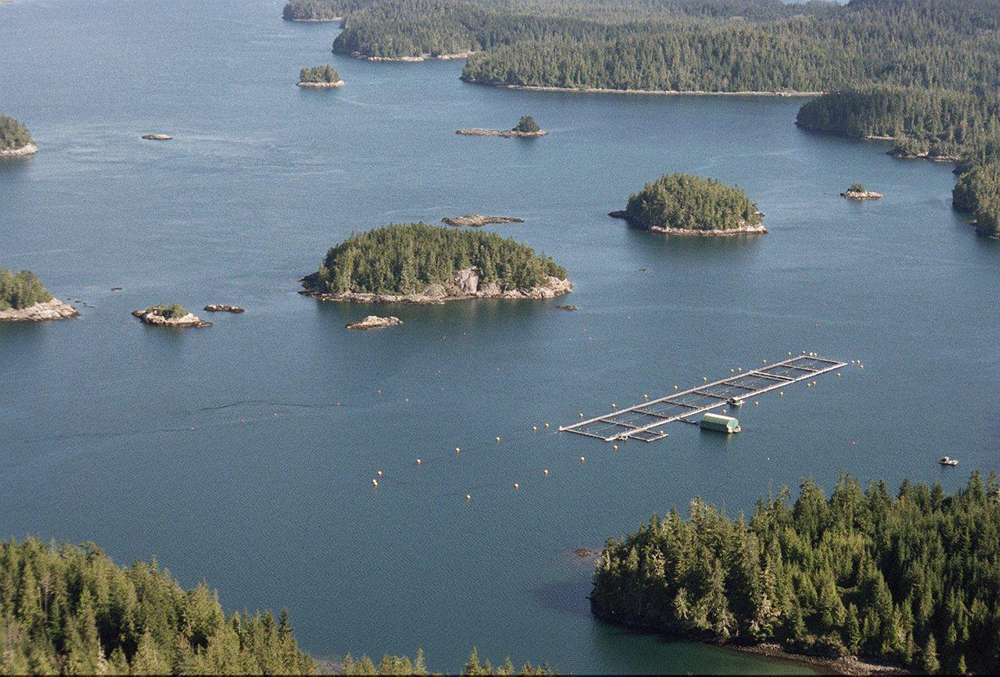
Intelligence
Canada renews licenses for BC salmon farms outside Discovery Islands until spring 2023
The Canadian government has announced a two-year renewal of licenses for BC salmon farms outside of the Discovery Islands.
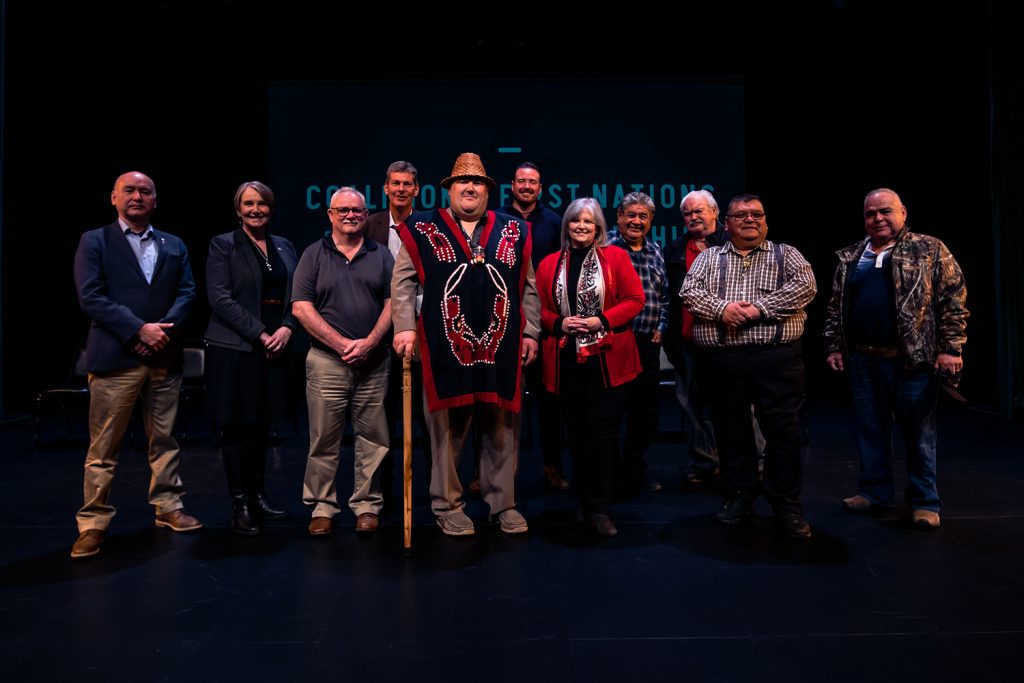
Responsibility
Some First Nations are asserting their right to farm salmon, despite pending government closures
With salmon farm closures imminent, some First Nations are taking action to preserve ocean-based farming and assert Indigenous sovereignty.
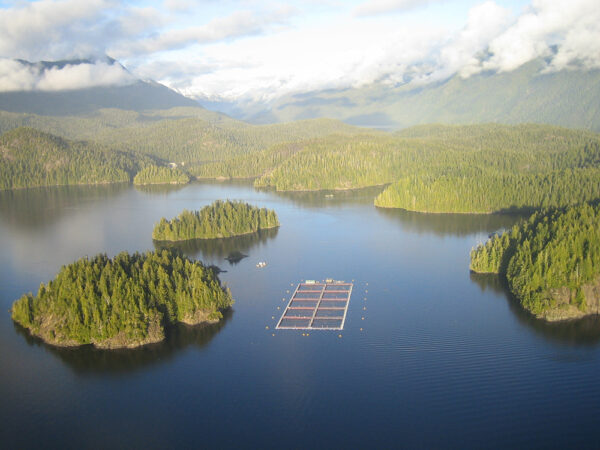
Intelligence
Federal Court rejects Canadian government’s plan to phase out BC salmon farms
The Federal Court has rejected the Canadian federal government's plan to phase out BC salmon farms in the Discovery Islands.
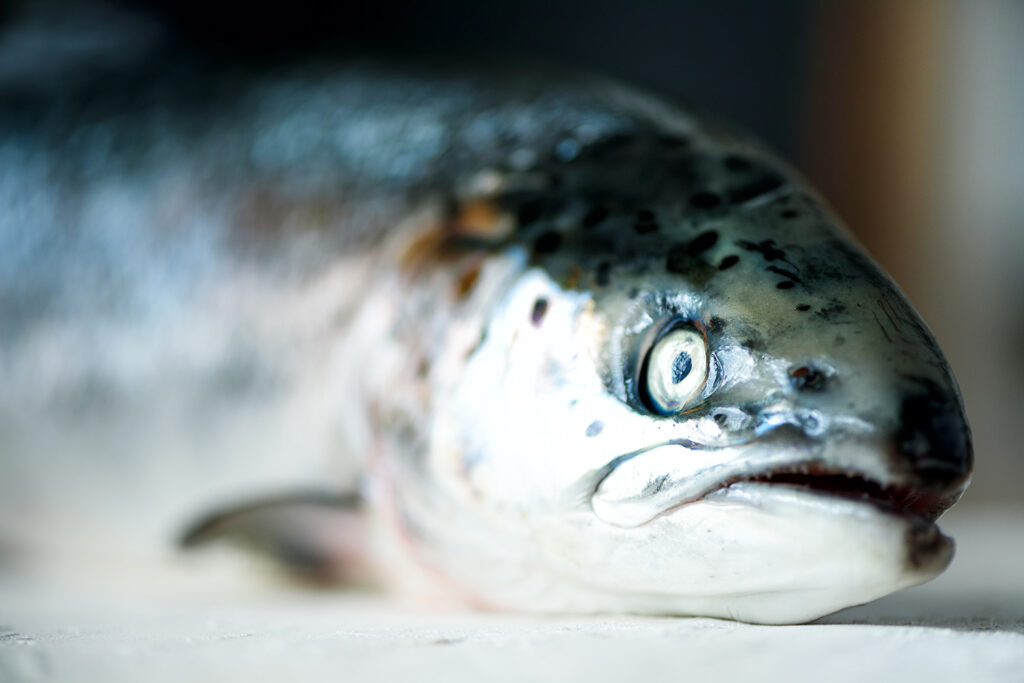
Intelligence
Canadians largely support ocean-based salmon farming, yet farms are being shut down
Amid a dizzying landscape of passions and politics, a recent survey showed the confusing messages Canadians are getting about salmon farming.



